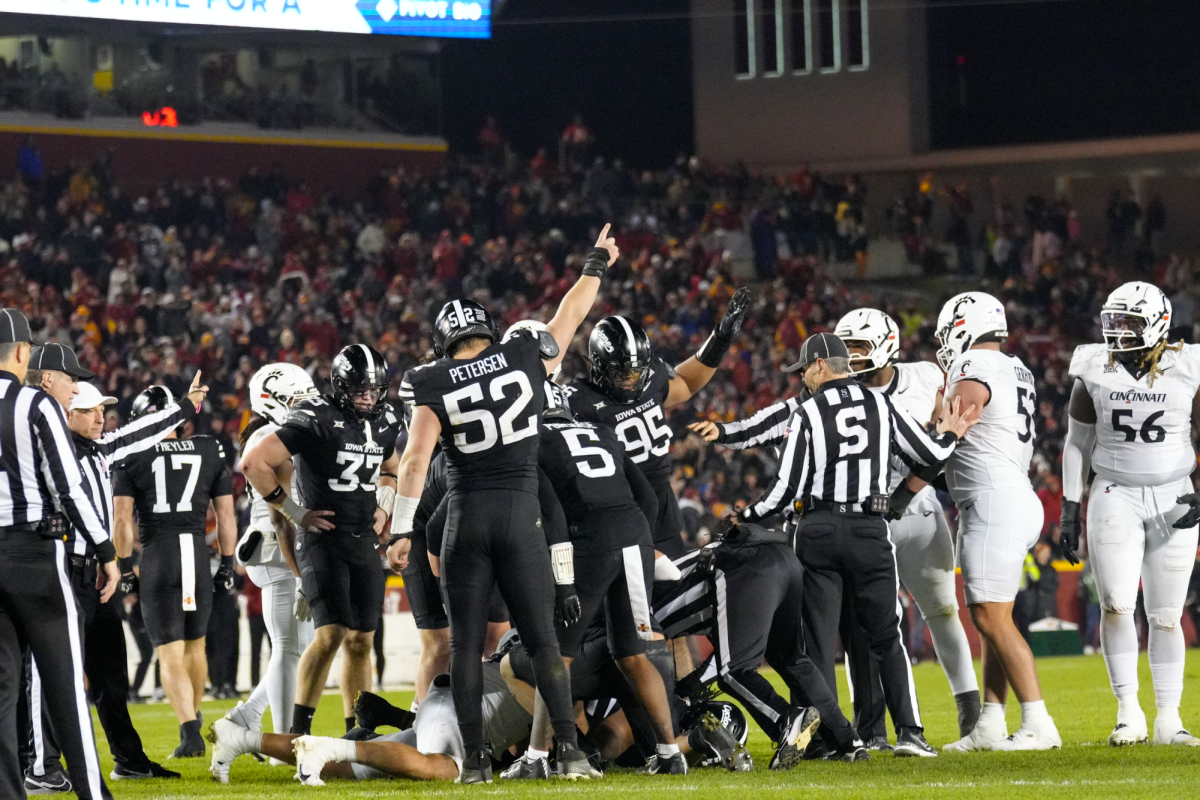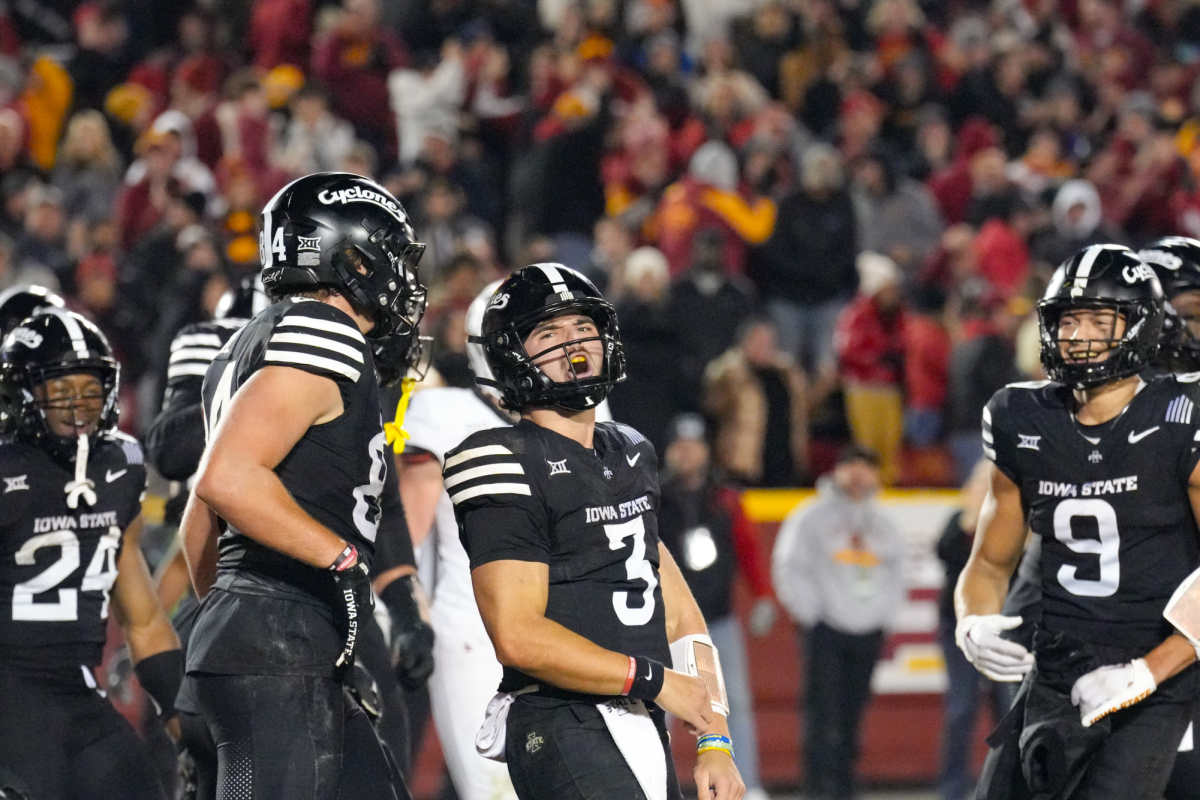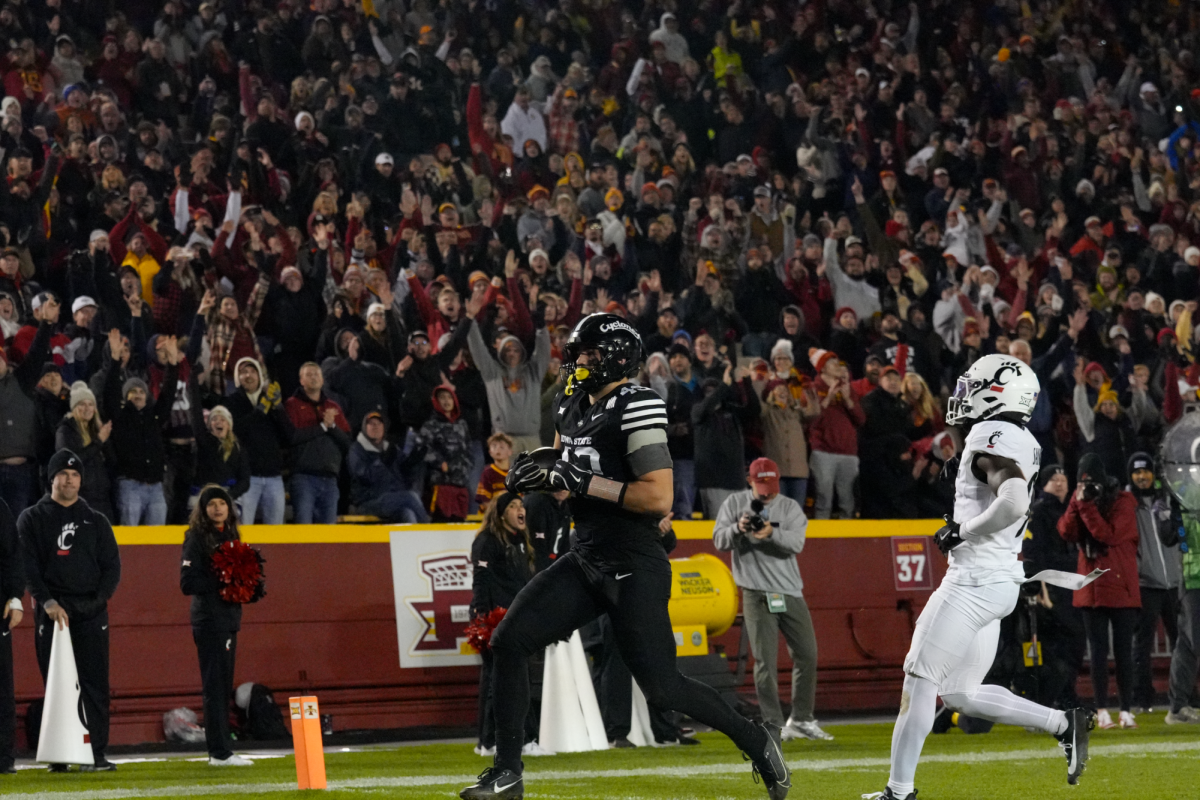Unspeakable evils
November 9, 1995
To the Editor:
While I agree with Steven Martens’ statement that references to Nazis having no place in political campaigning, I disagree with his mother’s advice to him.
I, too, am of German ancestry and I had a similar conversation with my mother. I remarked to her that I was glad that my grandparents had immigrated to the U.S. before the holocaust. Rather than telling me how the Nazis were a “horrible, murderous people,” she educated me about human nature in general. She started by taking me outside of town and showing me the remnants of the Japanese concentration camp that was built during World War II. Some of my ancestors helped to build and run it. Then she showed me some of my father’s history books about the American Indian massacres and how we had sent small-pox infested blankets to people living on the 19th century version of American concentration camps.
My father continued my education by telling me of the millions of people who died under Stalin. He told me how Pol Pot had killed over a million innocent people for a political idea. Being a Vietnam veteran, he told me the story of how 300 unarmed civilians were killed by American soldiers at the village of Son My (My Lai 4) in 1968. He told me how it wasn’t a momentary loss of control, but instead it was a process that took over two hours, where the soldiers reloaded many times and shot or butchered almost the entire village. Babies were ripped from their mother’s arm and thrown into the air as targets. People were herded into ditches and fired upon until there was no movement. There were pregnant women killed by gunshots and stab wounds to the stomach. My father said the soldiers stopped the killing more from exhaustion and lack of ammunition than from any sense of wrong doing.
Since then I’ve educated myself about human nature. I’ve read of how the same generation of Jews that survived the holocaust, killed thousands of Lebanese and Palestinian invalids and children. I’ve read how Israeli soldiers supervised the massacre of 800 Palestinian refugees in the concentration camps of Shatila and Sabra. I’ve read how in Rwanda the river flowed with the blood and dismembered corpses of the hundreds of thousands of dead and how the Hutu and Tutsi both stormed into hospitals, schools and orphanages and killed the sick and the young. I’ve read how the Serbians have raped, tortured and killed so many of the over 700,000 refugees.
The lesson my mother taught me is, not that the Nazis were a “horrible, murderous people,” but that all people have the ability to commit evil acts.
In reference to the holocaust, I often hear the mantra “never again.”
Yet in the few short years since the holocaust it has happened again…and again. There is a danger in isolating the holocaust as history’s most terrible event. It is even more dangerous to separate the Nazis from the rest of humanity. Tens of millions of the innocent dead are a testament to the thin line that separates us from them.
It is the human race in general that is a “horrible, murderous people.” Why do we commit such terrible acts? Perhaps, because we can. But history will continue to repeat itself until we all realize that given the right time and circumstances, there are few of us that are not capable of unspeakable evil.
Todd Frantzen
Junior
Anthropology






